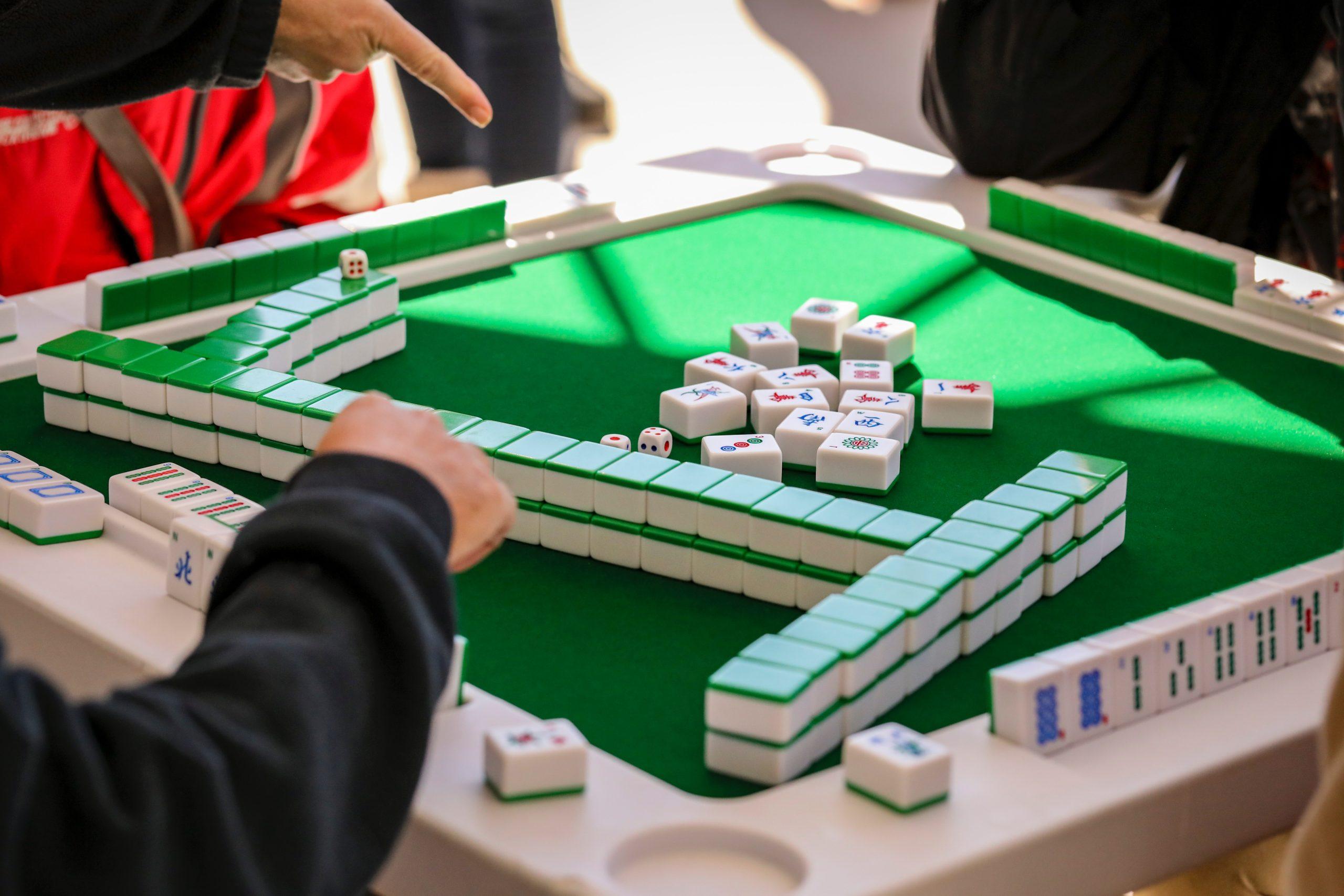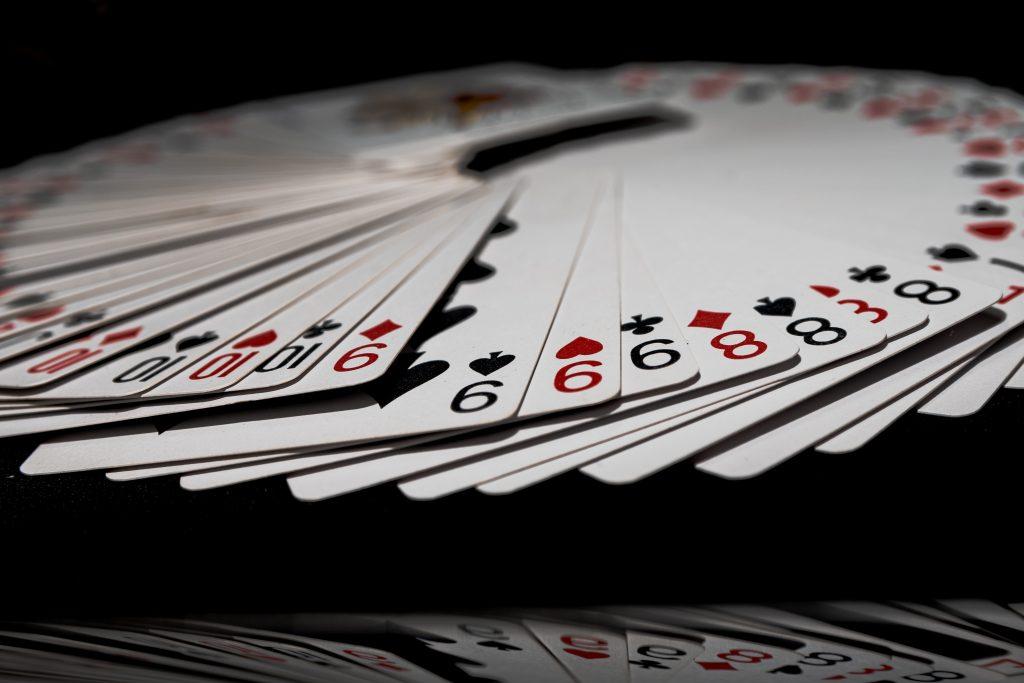Card Games Around the World: Exploring Cultural Variations.
Card games enjoy a special status globally, uniting people across different cultures with their universal appeal. Each culture has uniquely shaped these games, infusing them with regional flavors and traditions. This article examines how diverse cultures have crafted their distinct versions of card games.
The Historical Roots of Card Games
Card games boast a deep and varied past, stretching back to ancient times. First popping up in Eastern Asia, they didn’t take long to spread globally, carried along by trade and cultural exchanges. As they journeyed across the world, these games morphed to fit local traditions and societies, often capturing the unique flavors of each region.
In many places, card games were more than just a way to pass the time; they became key features of social events, educational tools, and a canvas for artistic creativity. Throughout their history, these games have not just been a source of fun; they’ve also reflected the cultural, social, and sometimes even political climates of their times.
Blackjack: A Global Phenomenon
Before we look at card games based on parts of the world, we’ll start with a game that has been a global phenomenon — Blackjack. We can trace the history of Blackjack to the 17th century. Since then, it has spread worldwide, transcending cultural and geographical boundaries. Originally known as “Vingt-et-Un” (Twenty-One) in France, it gained immense popularity and underwent various transformations, eventually becoming the Blackjack we know today.
The game’s primary goal of reaching 21 without going over remains constant, but its rules vary significantly around the world. For example, American Blackjack typically involves the dealer receiving one face-up and one face-down card. In contrast, in European Blackjack, the dealer only receives the second card after all players have made their decisions.
The cultural impact of Blackjack is profound, and it’s often featured in movies and literature. In the digital era, online platforms like PokerStars Casino have made it possible for enthusiasts to enjoy Blackjack from anywhere, bringing the excitement of the game to a wider audience. This accessibility has further cemented Blackjack’s status in popular culture, making it a staple in physical and virtual casinos worldwide.

Card Games in Asia
In Asia, card games are not just leisure activities but cultural staples. In China, Mahjong, a tile-based game, is deeply embedded in social customs, often played at gatherings and festivals. Japan’s Hanafuda, with its beautifully illustrated cards, is a testament to the country’s artistic heritage, offering a unique blend of strategy and luck.
Teen Patti, often likened to poker, is a festival favorite in India, particularly during Diwali. Each of these games, from Mahjong’s strategic complexity to Hanafuda’s artistic elegance and Teen Patti’s spirited gameplay, demonstrate the rich cultures of their respective countries, going beyond being just a pastime to becoming a part of tradition.
Card Games in Europe
Europe’s card game heritage is as diverse as its cultures. Italy’s Tarot card decks, more than a mystical tool, is a strategic game with rich historical roots. France’s Belote, a trick-taking game, reflects the French flair for tactical and social gaming. Germany’s Skat, known for its complexity, is a testament to strategic depth in card gaming.
These games have significantly influenced modern playing card designs, with their symbols and motifs becoming staples in decks worldwide. The gameplay variations across Europe highlight the region’s cultural diversity, with each game embodying the unique social and historical nuances of its country of origin.
Card Games in the Americas
In the Americas, card games blend indigenous traditions and European influences. With its melding and trick-taking, North America’s Pinochle echoes European roots, while South America’s Truco, particularly popular in Argentina, reflects a spirited, indigenous playstyle. These games, along with others, illustrate a rich cultural fusion where native and colonial histories intertwine, creating unique gaming experiences that are deeply embedded in the social fabric of both North and South American societies.
Card Games in Africa and the Middle East
Card games are a vibrant part of cultural life in Africa and the Middle East. Tarneeb, originating from Lebanon, is a strategic trick-taking game that’s a staple in social gatherings. With its European roots in South Africa, Klaberjass is popular for its competitive edge. These games, deeply ingrained in the social and cultural fabric of their regions, are more than just pastimes; they’re a means of connection, tradition, and cultural expression, reflecting the diverse heritage of these lands.





